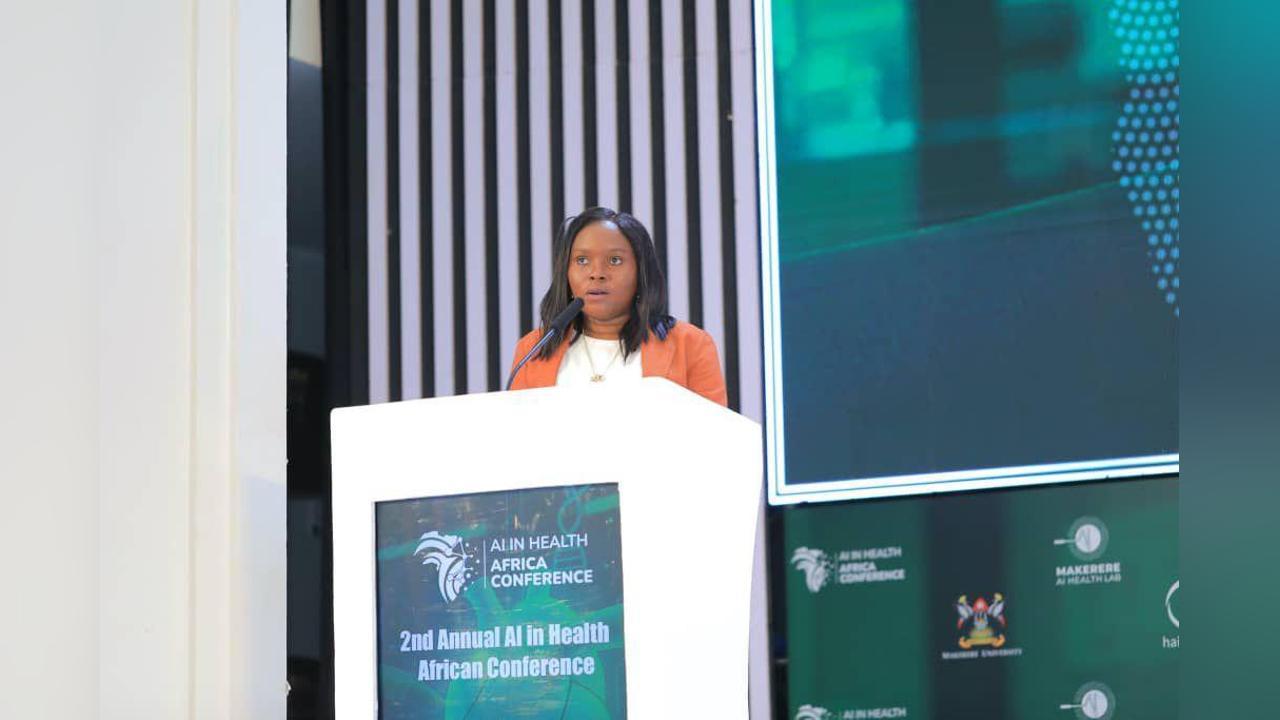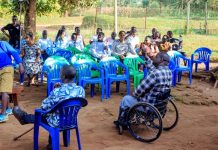Africa-Press – Uganda. Technology experts have urged African governments to adopt artificial intelligence (AI) to improve disease diagnosis, treatment, and surveillance as the continent continues to face high rates of malaria, cancer, and HIV.
Speaking at the Second Artificial Intelligence in Health Conference at Makerere University, Dr Rose Nakasi, a lecturer at the College of Computing and Information Sciences and head of the Makerere AI Health Lab, said AI provides a practical way to fill gaps in the health system, including the shortage of specialist doctors and slow diagnostic processes.
“Africa has one of the highest public health burdens, from malaria to cancers to HIV. Yet we have very few experts in many health facilities, especially in remote areas,” Dr Nakasi said.
“We are looking at how emerging technologies such as artificial intelligence can be utilized to extend health services where experts are not available.”
She noted that AI-driven diagnostic tools, telemedicine platforms, and automated decision-support systems are already improving accuracy and efficiency in patient care.
Makerere researchers are applying AI in malaria detection, eye disease diagnosis, and real-time disease surveillance to strengthen government outbreak response.
Dr. Nakasi emphasized that healthcare technology must remain people-centred.
“To build trust, solutions must be co-created with the people who use them. If we impose technology without understanding community needs, we create a trust gap,” she said, adding that African languages and cultural contexts must inform AI design.
Ongoing work includes local-language translation models to improve accessibility.
Despite progress, she warned that limited funding and policy gaps are slowing wider adoption.
“For us to see impact, we need enabling environments, regulations, frameworks, and support to scale these tools to health centers across the country,” she said.
Representing the Vice Chancellor, Prof. Buyinza Mukadasi said AI can significantly improve diagnostic accuracy and medical efficiency if supported by strong infrastructure.
“We believe that with machine learning, improved diagnosis, and web-mediated treatment, we can enhance the livelihood and health of Ugandans,” he said.
He noted, however, that many health facilities still lack basic infrastructure such as reliable electricity, computers, and internet connectivity.
“AI comes with a cost. The infrastructure required is not readily available in many hospitals. Therefore, we are calling for increased investment so that we are not left behind in this digital transformation,” Prof. Mukadasi said.
He added that digital literacy must be strengthened among students, researchers, and health workers to successfully deploy AI innovations.
“We need to invest in capacity building so that we have a digitally literate population of students and staff that will drive the digital transformation agenda,” he said.
The conference, themed “Scaling Artificial Intelligence for Sustainable and Inclusive Healthcare Systems in Africa,” has brought together policymakers, researchers, health experts, and global partners, including the World Health Organization.
Discussions continue on policy, research, and partnerships to support AI-driven solutions in Africa’s health sector.
For More News And Analysis About Uganda Follow Africa-Press






